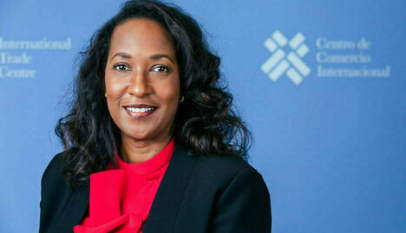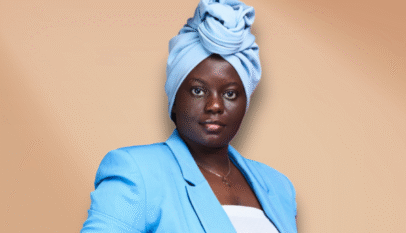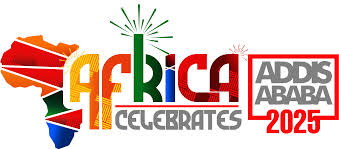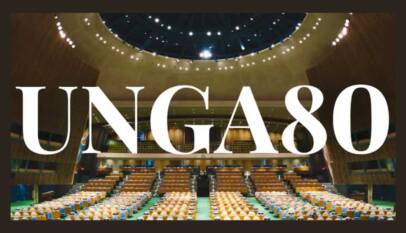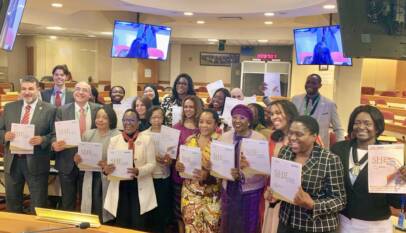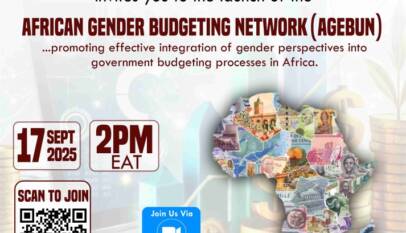OP-ED | Africa’s underdevelopment: Circumstances beyond our control or self-sabotage? By Oluwafifehan Ogunde
Oluwafifehan Ogunde asks thought-provoking questions on the state of Africa and provides a candid reflection on whether Africa’s underdevelopment is a result of self-sabotage or external interference.

Why is movement of goods between African countries more difficult than between China and Africa? Why do regimes that claim to practice democracy in Africa so quick to shut down media outlets that seem to oppose them?
Is it self-sabotage that even in sports, especially football, Western coaches are preferred to African coaches? Out of 54 registered teams with the Confederation of African Football, 31 have non-African coaches.
In higher education, there was a time when students from different parts of the world came to study in African Universities such as the University of Ibadan. Now, over 10,000 students from Nigeria alone are paying huge sums to attend various universities in the UK. As a matter of fact, there is no African university in the top 100 universities in the world.
Nigeria, which is Africa’s most populous country and largest economy has the highest number of people living in extreme poverty. The DRC, with all its mineral wealth, is riddled with armed conflict, bandits and poverty. Broadly speaking, Africa, the content with the most arable land, still cannot feed itself. How ironic!
It becomes more heartbreaking comparing the African Union with other transnational organizations such as the European Union. Today, the EU is the second largest economy in the world while the African Union as a whole only constitutes the world’s 11th largest economy despite having close to 30 more countries than the European Union.
The African Charter on Human and People’s Rights was adopted in 1981, nearly forty years ago. Fundamental rights were already recognized as enforceable under Nigerian constitution as at 1960. Yet, a large number of Africans are suffering from significant violations of their fundamental rights by both state and non-state actors. The highest ranked African country on the Human Freedom index is South Africa, which is ranked 68th in the world.
The majority of African states have failed to develop a stable democratic system of government. Of the top 10 longest-serving leaders in the world, 6 are African with the likes of Paul Biya of Cameroon having been in power for almost 40 years.
What is the problem?
A number of African scholars have blamed colonialism and external interference for Africa’s underdevelopment. Whatever the damage colonialism might have caused to Africa’s prospects, it must be noted that only 11 out of 54 African countries were still under colonial rule as of 1969 (50 years ago).
In any case, different countries have been in similar positions but have turned around their socio-economic fortunes to become global superpowers. Singapore became an independent nation in 1963, three years after the likes of Somalia, Burundi, Sierra-Leone. Its GDP per capita is the ninth highest in the world while these African countries remain among the poorest in the world. The United Arab Emirates was formed even later in 1971. It has a GDP and GDP per capita that is higher than Nigeria, which is Africa’s largest economy, notwithstanding the fact that the largest part of its GDP, like Nigeria, comes from oil and natural gas revenues.
Having more mouths to feed is no excuse either. Of the 10 most populous nations in the world, Nigeria has the third lowest GDP per capita and the second lowest GDP. The likes of China have built economic models that maximize their population size. Why has Nigeria not done the same? Some may seek to excuse the failings of the Nigerian state on instability caused by ethnic and religious wars. That may be true to an extent. The prospects of significant economic growth are limited in the face of political instability. However, other countries have suffered similar political crises and have re-emerged as major economic frontrunners.
The aforementioned reasons for underdevelopment in Africa and any other that exclude the responsibility of Africans are inadequate. They do not explain the diversion of funds allocated to infrastructural development to private pockets in different arms of government. Its political leaders in Africa that lack transparency and accountability in the use of public funds. Of the 10 lowest ranked countries in the transparency index, 6 are from Sub-Saharan Africa.
They do not explain the sexual and religious exploitation of both children and adults, particularly women, by different sections of civil society. Four out of 10 women in West and Central Africa get married before their eighteenth birthday. One out of 3 South Africans is at risk of sexual abuse according to the Center for Justice and Crime prevention. The preferred reasons for Africa’s underdevelopment do not explain the flagrant disregard by the executive arm of government for the rule of law. Six of the fifteen countriesin the lowest percentile of the World Justice Project Rule of law Index are from Africa.
They also do not explain the loss of lives from prevalent internal conflicts caused by ethnic and religious differences. Human Rights Watch estimates as of the end of 2018 suggest over 20,000 civilians lives have been lost over a period of eight years due to different conflicts in Northern Nigeria.
Furthermore, they do not explain examination malpractices, cultism and substance abuse in both secondary schools and higher education institutions. These problems are to a large extent self-inflicted and the solutions also demand a huge level of introspection and personal responsibility.
What can be done?
First, citizens need to start holding themselves accountable for their actions and place an onus on themselves to develop a mindset geared towards national growth and development. Most African countries are still struggling to develop a national identity which prevails over differences based on ethnicity, religion and political opinion. For most of those countries, such divisions are particularly a result of administrative frameworks and values created during colonial eras, which had little regard for their common characteristics or unique attributes. These divisions, which ironically derive strength from goals of preserving ‘national unity’ within a colonial framework are easily exploited by self-serving politicians. Until citizens can stand as one in pursuing national growth, there are no significant prospects of holding leaders to account.
Some have espoused a federal system of government as a suitable model for pursuing such goals within the context of diversity. However, these problems still exist in federal states such as Nigeria and Ethiopia. In truth, the prospects of federalism can only be effectively realized when citizens are united in pursuing its ideals. Such united fronts have particularly been effective in civil uprisings against dictatorships. 58% of uprisings aimed at overthrowing dictatorships in Africa since 1970 have had some measure of success. The real problem however lies in translating such unity into demands for good governance from incoming governments.
Furthermore, members of African civil society must also play their part in building model citizens that can make useful contributions to national unity, growth and development. For this purpose, parents, educationists, religious rulers, traditional rulers and persons of sufficient interest in character development of the younger generation have a huge role to play. Values of integrity, compassion for the fellow man, accountability, honesty and diligence should be core elements of teaching and instruction in all aspects of civil society.
It is important to develop a curriculum of the future centred around science and automation – this is also critical to developing the necessary skills for a conscientious citizenry. These and similar values are recognized by the United Nations Educational Scientific and Cultural Organization (UNCESCO) as fundamental in developing education for sustainable development. When a society is built on these values, developing an active citizen base willing to hold each arm of government and law enforcement accountable for good governance and public administration becomes infinitely possible.
In summary, a lot is said about holding leaders accountable but comparatively little emphasis is laid on citizen and civil society accountability. Citizen cooperation remains vital for building a society on values that enhance growth and development. When such is achieved at national level, steps can also be taken at regional level to change the African narrative in this regard which is currently one of immense but underdeveloped potential for global impact.
Oluwafifehan Ogunde is a research specialist and consultant . This article first appeared on Democracy in Africa ; the views expressed in it are the author’s own – and do not necessarily reflect the editorial policy of African Newspage


